- Course Library
- Business Solutions
- Pricing
- Resources
- About
- Request a Demo
You have no items in your shopping cart.
Filter by attributes
Course Language
Jurisdiction
Course Features
Length Range
NASBA CPE Credits
HR, Ethics & Compliance Training
Our extensive online training courses on HR, ethics, and compliance aim to mitigate risk by equipping your workforce with a thorough understanding of current employment policies and regulations. Our training material is regularly updated, ensuring your business meets the latest standards.
By employing our courses, you can ensure that your organization always complies with relevant laws and regulations. Popular courses include Accessibility Standards Training, Drug-Free Workplace, and Ethics for Employees.
Sort by
Display
per page

Accessibility Standards Training
From $19.50

Accessible Digital Content
From $19.50
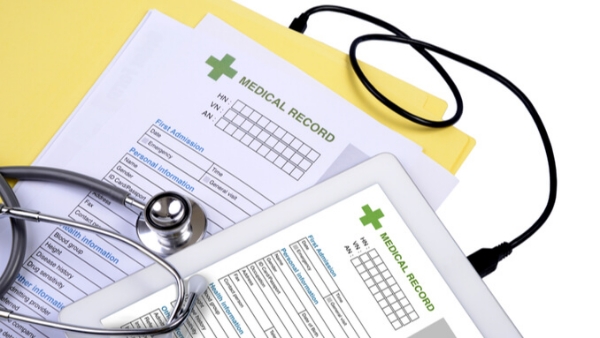
Alberta’s Health Information Act
From $19.50

Alternative Dispute Resolution (ADR)
From $34.50
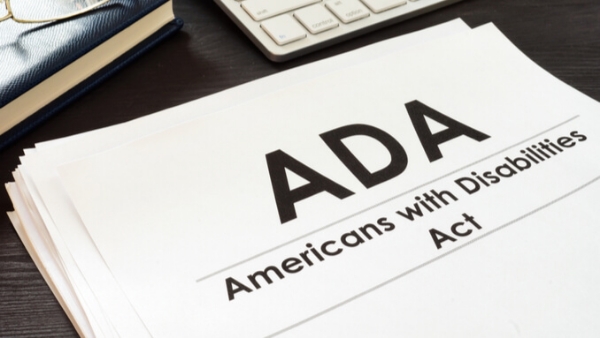
Americans with Disabilities Act
From $13.50

Anti-Boycotting Compliance
From $19.50
![Anti-Spam Law [Canada] Online Training Course Anti-Spam Law [Canada] Online Training Course](https://vubiz.com/images/thumbs/0012805_anti-spam-law-canada_600.jpeg)
Anti-Spam Law [Canada]
From $34.50
![Antitrust Basics [US] Online Training Course Antitrust Basics [US] Online Training Course](https://vubiz.com/images/thumbs/0012626_antitrust-basics-us_600.jpeg)
Antitrust Basics [US]
From $13.50

Avoiding Insider Trading
From $13.50

Being Compliant
From $13.50

Business Ethics
From $19.50
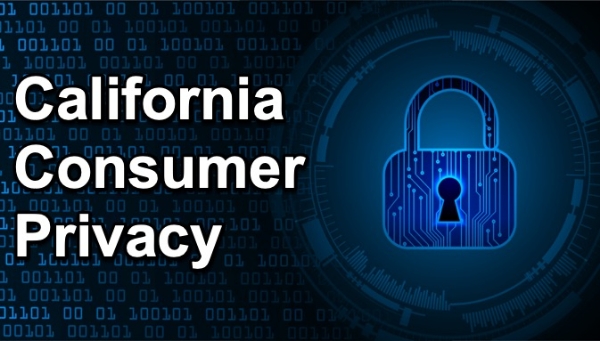
California Consumer Privacy Legislation
From $19.50

Cannabis - Workplace Implications
From $12.50

CAN-SPAM Act
From $20.00

Clean Desk Policy
From $20.00
![Code of Conduct [Canada] Online Training Course Code of Conduct [Canada] Online Training Course](https://vubiz.com/images/thumbs/0012274_code-of-conduct-canada_600.jpeg)
Code of Conduct [Canada]
From $13.50
![Code of Conduct [US] Online Training Course Code of Conduct [US] Online Training Course](https://vubiz.com/images/thumbs/0012932_code-of-conduct-us_600.jpeg)
Code of Conduct [US]
From $13.50
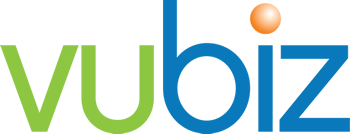


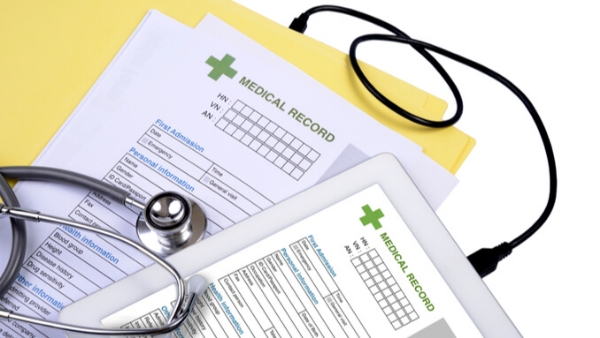
![California Pregnancy Disability Leave 2012 Updates [California-oriented] Online Training Course California Pregnancy Disability Leave 2012 Updates [California-oriented] Online Training Course](https://vubiz.com/images/thumbs/0013307_california-pregnancy-disability-leave-2012-updates-california-oriented_600.jpeg)



![Child Abuse and Neglect Reporting Act [California] Online Training Course Child Abuse and Neglect Reporting Act [California] Online Training Course](https://vubiz.com/images/thumbs/0012559_child-abuse-and-neglect-reporting-act-california-ab1963_600.jpeg)